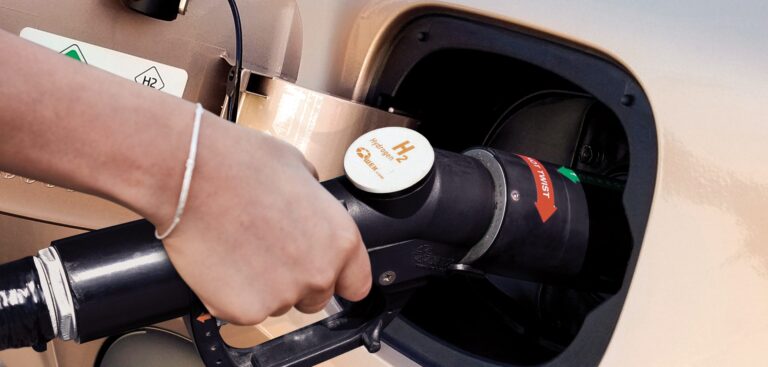Hyundai has signed an MOU with Ineos, a global chemical producer, which the two parties hope will accelerate the development of the global hydrogen economy.
Under the agreement, both companies will investigate opportunities for the production and supply of hydrogen, as well as the worldwide deployment of hydrogen applications and technologies, with an initial focus on Europe.
The agreement also includes the evaluation of Hyundai’s proprietary fuel cell system, already in use in the company’s Nexo SUV, for the recently announced Ineos Grenadier 4×4 vehicle.
“Ineos’s move into the development of a fuel cell electric vehicle and hydrogen ecosystem marks yet another milestone on the journey toward sustainable and clean transportation,” said Saehoon Kim, senior vice president and head of the Fuel Cell Center at Hyundai Motor Company. “Hyundai believes this will provide an important low-carbon option across a wide range of sectors. We also hope our decades-long expertise in hydrogen fuel cells will work in synergy with Ineos’s expertise in the field of chemistry to realize the mass production of green hydrogen and fuel cells for the Grenadier.”
Peter Williams, technology director at Ineos, added, “The agreement between Ineos and Hyundai presents both companies with new opportunities to extend a leading role in the clean hydrogen economy. Evaluating new production processes, technology and applications, combined with our existing capabilities, puts us in a unique position to meet emerging demand for affordable, low-carbon energy sources and the needs of demanding 4×4 owners in the future.”
Ineos recently launched a new business to develop and build clean hydrogen capacity across Europe, and the company currently produces 300,000 tons of hydrogen a year, mainly as a by-product of its chemical manufacturing operations. Meanwhile, Hyundai has a mid- to long-term roadmap – Fuel Cell Vision 2030 – which seeks to increase the company’s annual production of hydrogen fuel cell systems to 700,000 units by 2030.


